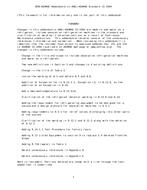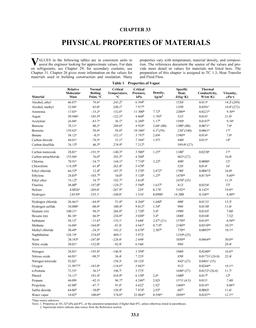This paper develops and compares a new method for calculating the local mean radiant temperature to experimen-tal data and the classical method described by the American Society of Heating, Refrigerating and Air-Conditioning Engi-neers (1997). The new method calculates the mean radiant temperature directly from the radiant intensity field at a partic-ular point in the room. This approach, using the localized radi-ant intensity field, was theorized to be more accurate and flexible than using radiosities or surface temperatures and view factors currently described in the ASHRAE Handbook (1997). To benchmark the accuracy of the new method for calculating the mean radiant temperature, both methods of calculating the mean radiant temperature were compared to experimental measurements taken under carefully monitored conditions. The purpose of this process was to compare the classical and radiant intensity methods of mean radiant temperature calculation. From the four comparisons presented in this paper, using the radiant intensity field directly for the mean radiant temper-ature portion of the operative temperature calculations gave results 1°C to 2°C (2°F to 3°F) different from the classical method using view factors and surface temperatures and the experimental measurements. The radiant intensity method is a refinement to the mean radiant temperature calculation, enabling a direct solution of the radiant transfer equation that can handle extreme boundary conditions.
Units: Dual
Citation: Symposium, ASHRAE Transactions, vol. 106, pt. 1
Product Details
- Published:
- 2000
- Number of Pages:
- 10
- File Size:
- 1 file , 570 KB
- Product Code(s):
- D-7344


